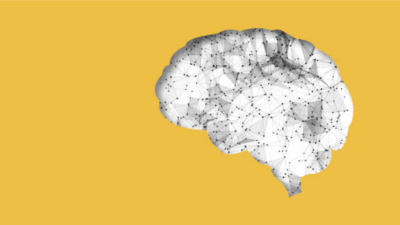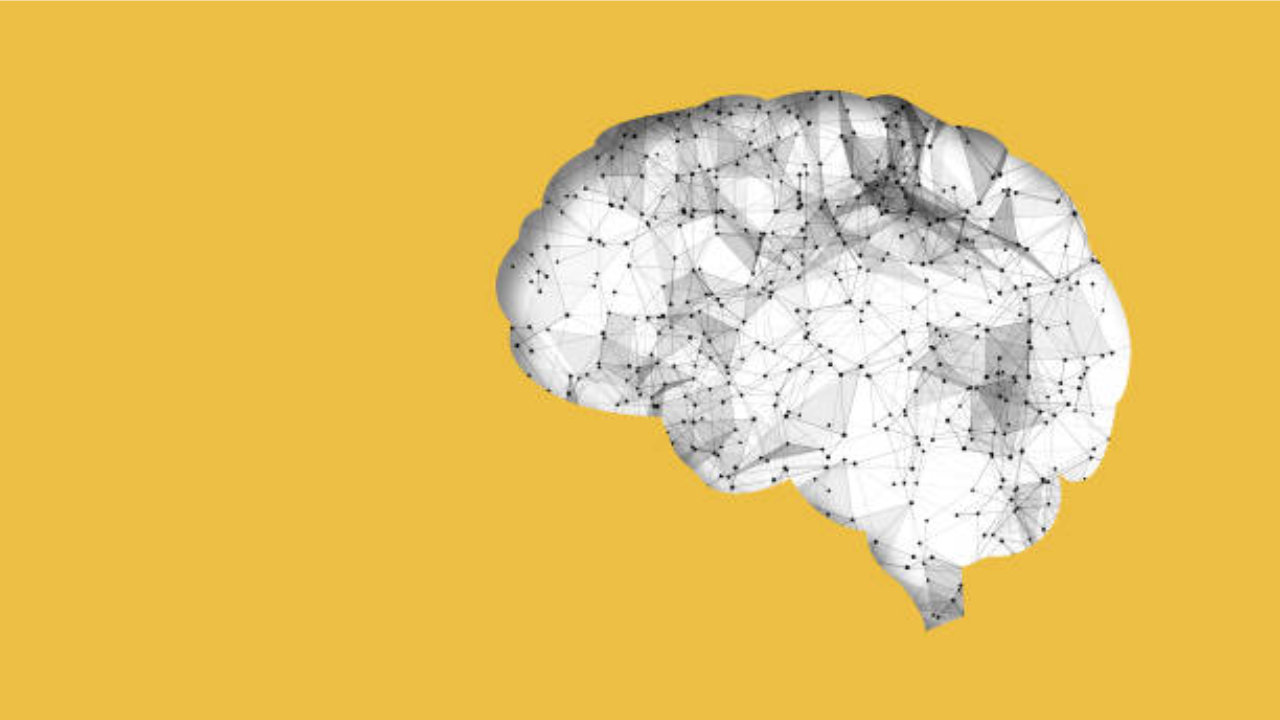Brain rot
refers to the gradual deterioration of
mental sharpness
caused by prolonged exposure to unproductive activities, such as binge-watching mindless videos, endless scrolling through social media, or consuming trivial, overly simplified content. The phenomenon is often linked to habits that overstimulate the brain without providing meaningful intellectual engagement.
This form of cognitive degradation is not the result of physical damage, like that seen in neurodegenerative diseases, but rather the result of mental stagnation, reduced attention spans, and a lack of critical thinking stimulation.
How does brain rot develop?
The brain thrives on novelty and challenge, but not all stimulation is created equal. When we constantly consume short, dopamine-inducing content such as viral videos, memes, or clickbait headlines we train our brains to seek immediate gratification. Over time, this rewiring can impair our ability to concentrate on deeper, more complex tasks.
Key factors contributing to brain rot include:
Digital overload
: Spending hours on social media or entertainment platforms.
Lack of mental exercise: Avoiding activities like reading, problem-solving, or learning new skills.
Multitasking: Attempting to do multiple things at once reduces the quality of attention devoted to each task.
The impact of brain rot
Brain rot has far-reaching consequences for individuals and society.
1. Reduced cognitive abilities
The most direct impact is a decline in memory, attention span, and problem-solving skills. People may find it harder to focus, comprehend complex ideas, or retain information.
2. Emotional and social consequences
Excessive screen time and consumption of shallow content can contribute to feelings of emptiness, anxiety, and depression. It may also reduce face-to-face social interactions, weakening interpersonal relationships.
3. Professional and academic performance
The inability to concentrate for long periods can hinder work productivity and academic success. In professions requiring creativity or critical thinking, this can have particularly detrimental effects.
4. Loss of intellectual curiosity
Brain rot often results in a diminished appetite for learning and exploring new concepts, which can hinder personal growth and limit one’s perspective.
Preventing and reversing brain rot
The good news is that brain rot is preventable and, to an extent, reversible. It requires conscious effort and a shift in daily habits:
1. Limit digital consumption
Set boundaries for time spent on social media and entertainment platforms. Use screen time management tools to monitor and control usage.
2. Engage in stimulating activities
Pursue hobbies like reading, playing musical instruments, or solving puzzles. These activities challenge the brain and encourage growth.
3. Practice mindfulness
Focus on one task at a time and avoid multitasking. Mindfulness exercises, such as meditation, can improve concentration and reduce stress.
4. Seek meaningful content
Consume content that enriches your understanding of the world, such as documentaries, educational podcasts, or thought-provoking literature.
5. Prioritize physical health
Regular exercise, a balanced diet, and sufficient sleep play crucial roles in maintaining
cognitive health
.
In a hyper-connected world, brain rot serves as a reminder of the importance of conscious consumption. By fostering awareness of how we use our minds and making intentional choices, we can protect our cognitive health and enhance our ability to think critically, solve problems, and connect with others on a deeper level.
Brain rot may not be a medical diagnosis, but its impact is real. Reclaiming our mental agility is not just about avoiding distractions it’s about creating a life enriched with meaningful engagement, curiosity, and purpose. Let this serve as a wake-up call to prioritize mental wellness in the digital age.
Dr. Sushma Gopalan, Child Psychologist – Child Life Specialist, Aster CMI Hospital, Bangalore
I’m Manas Ranjan Sahoo: Founder of “Webtirety Software”. I’m a Full-time Software Professional and an aspiring entrepreneur, dedicated to growing this platform as large as possible. I love to Write Blogs on Software, Mobile applications, Web Technology, eCommerce, SEO, and about My experience with Life.




